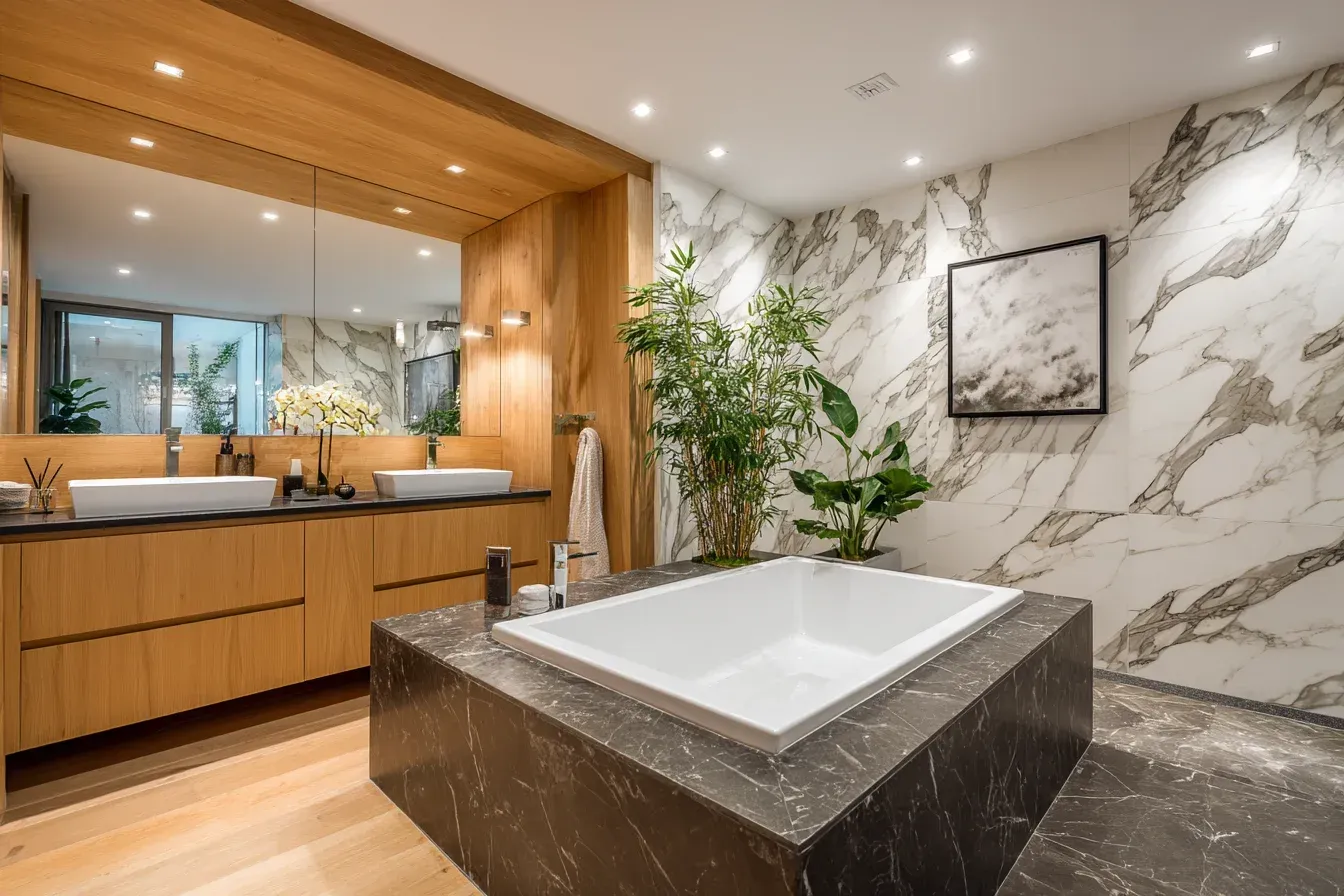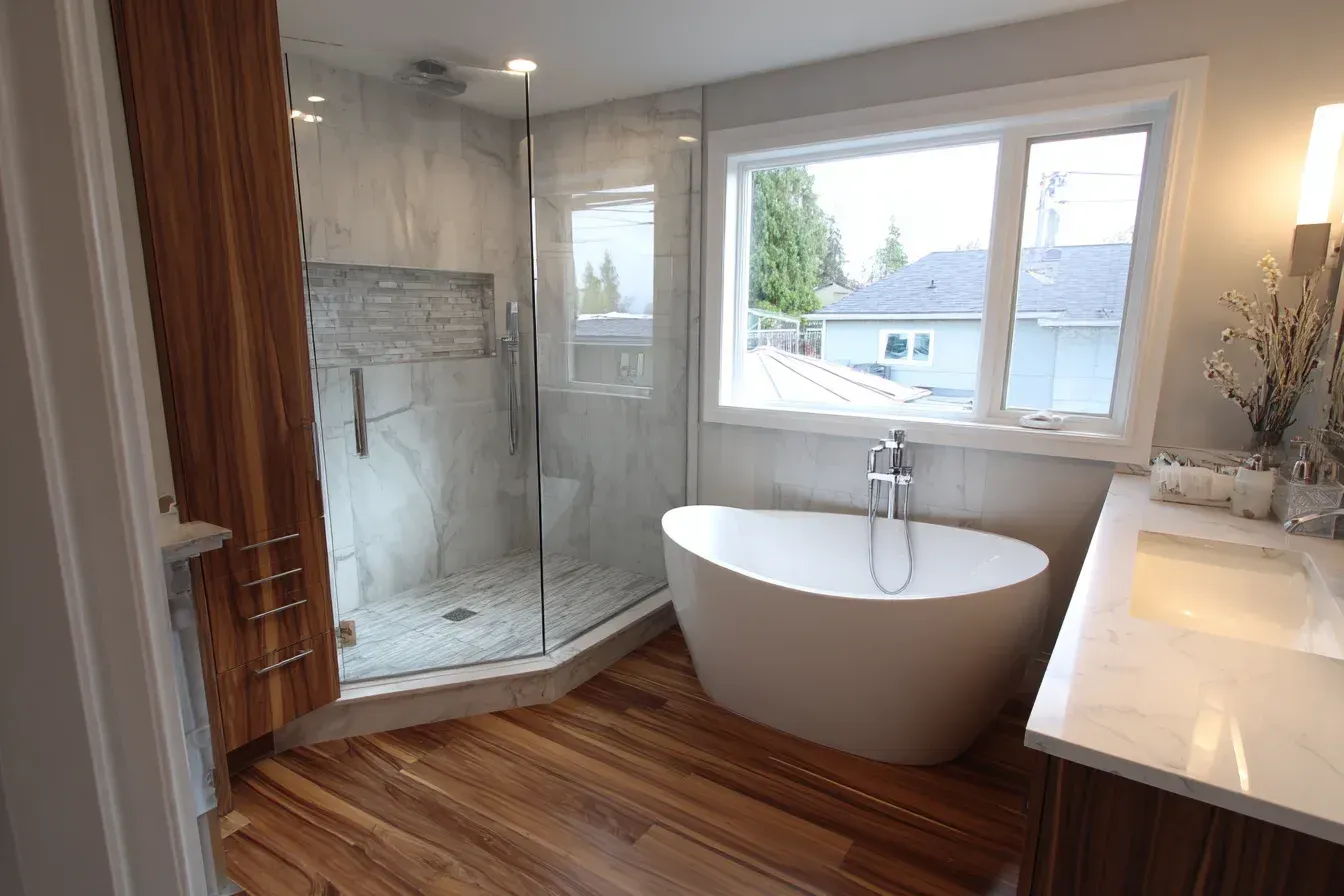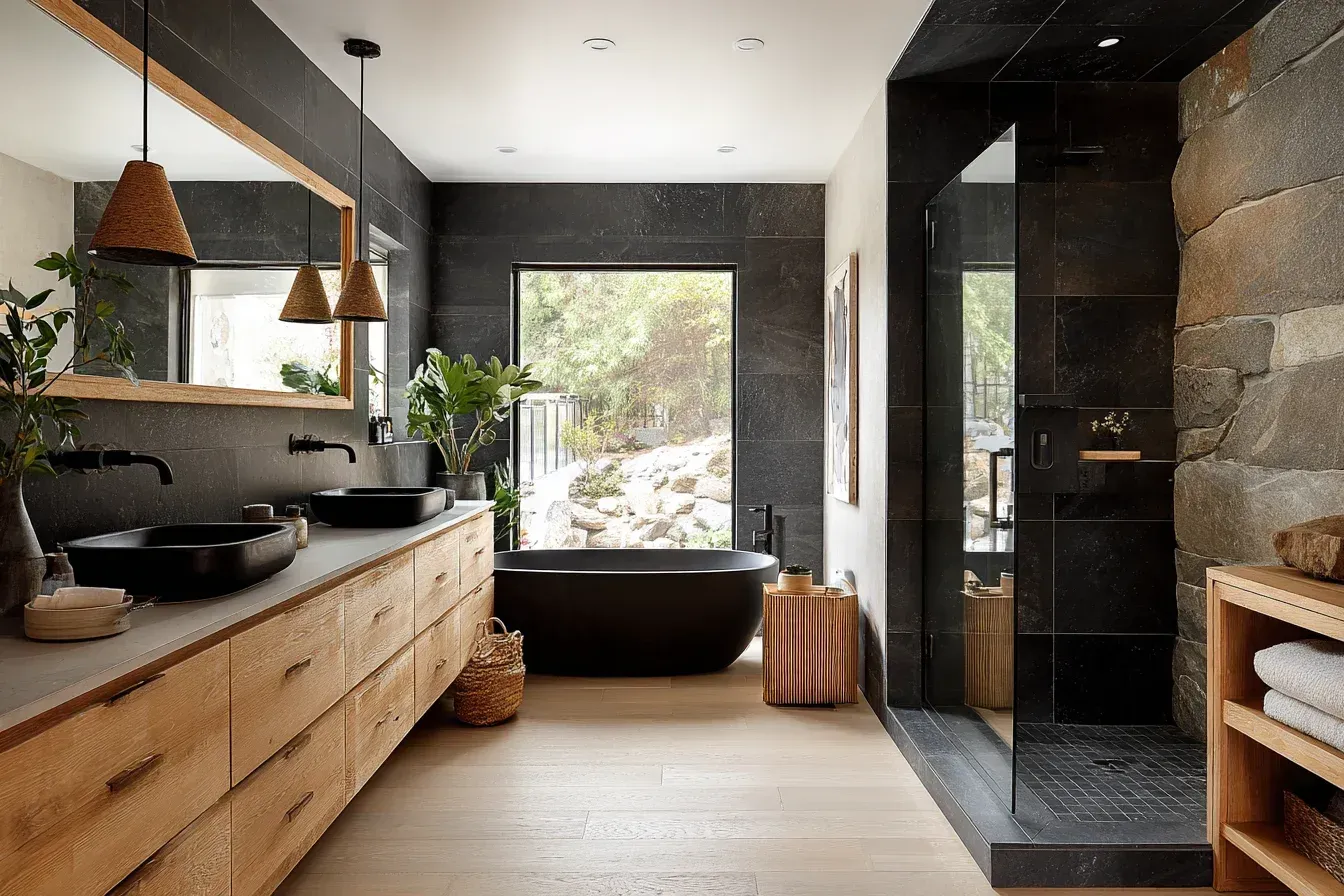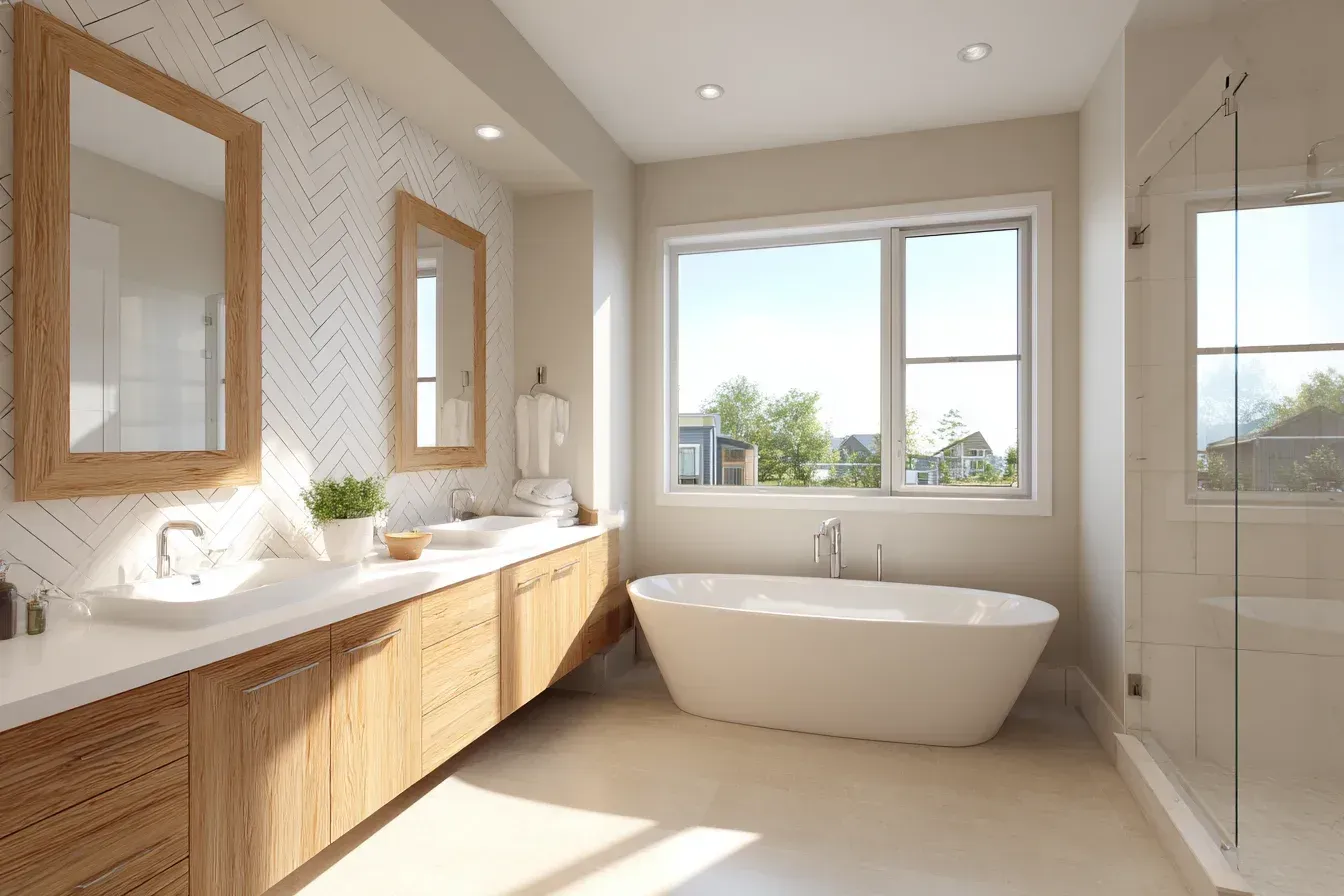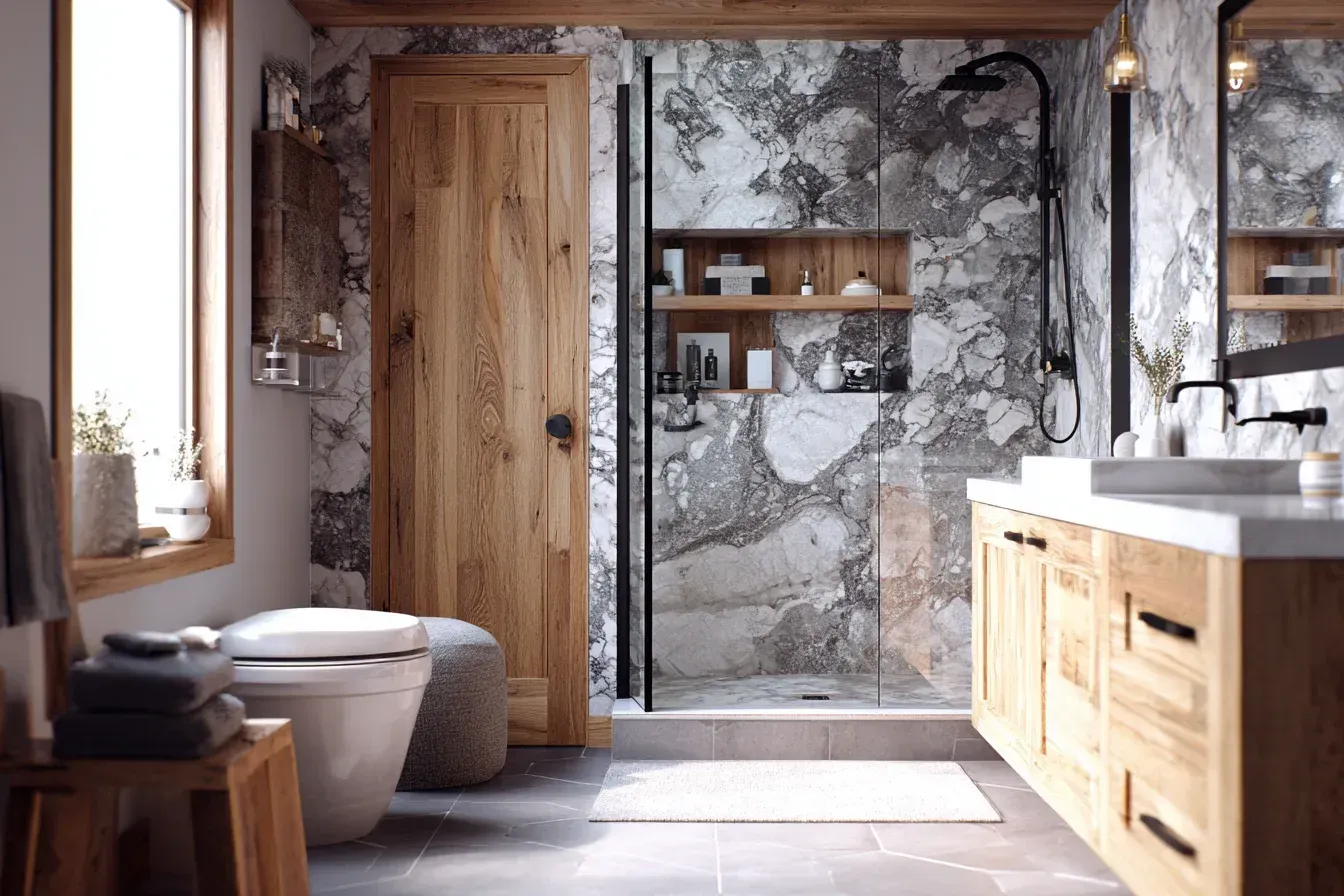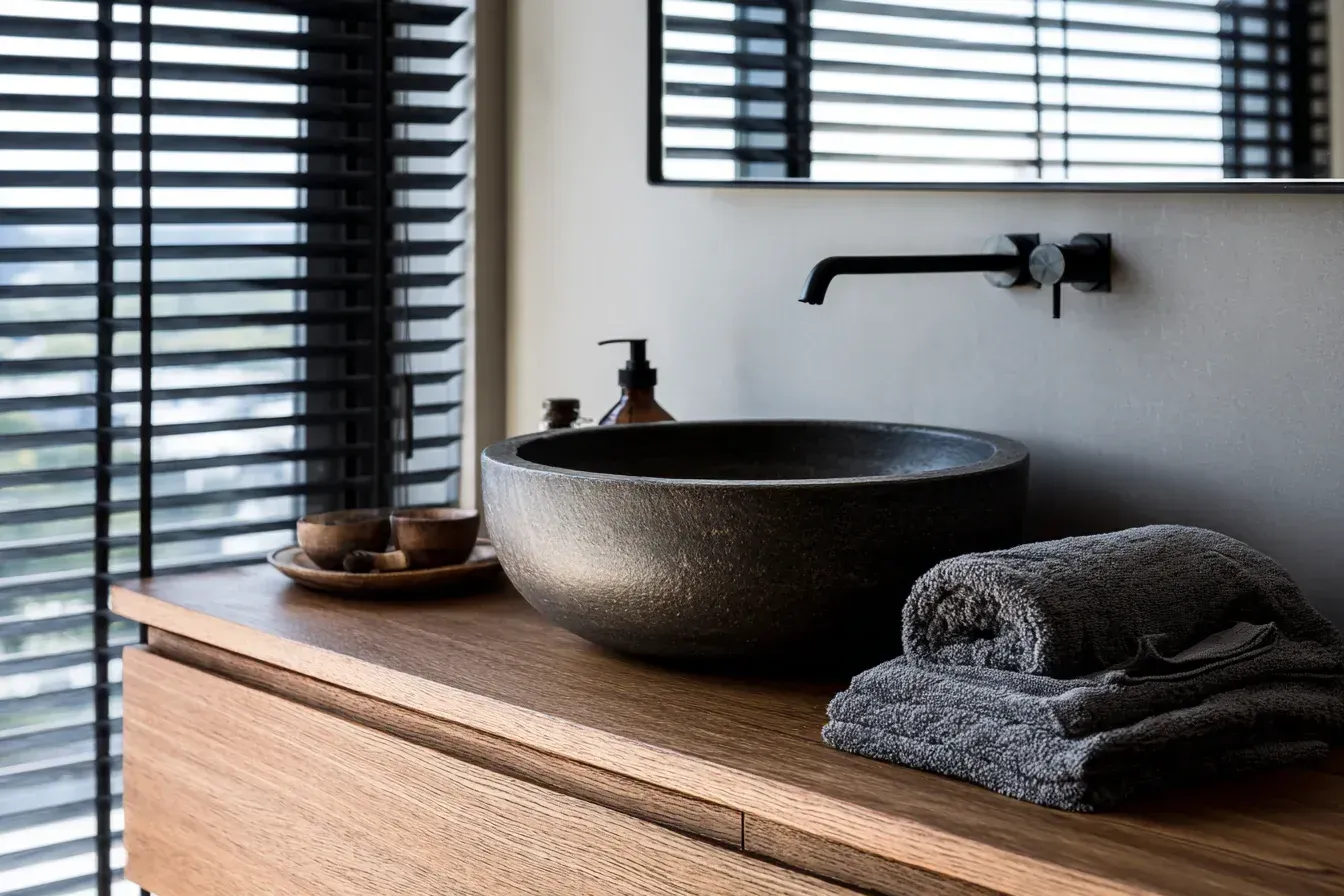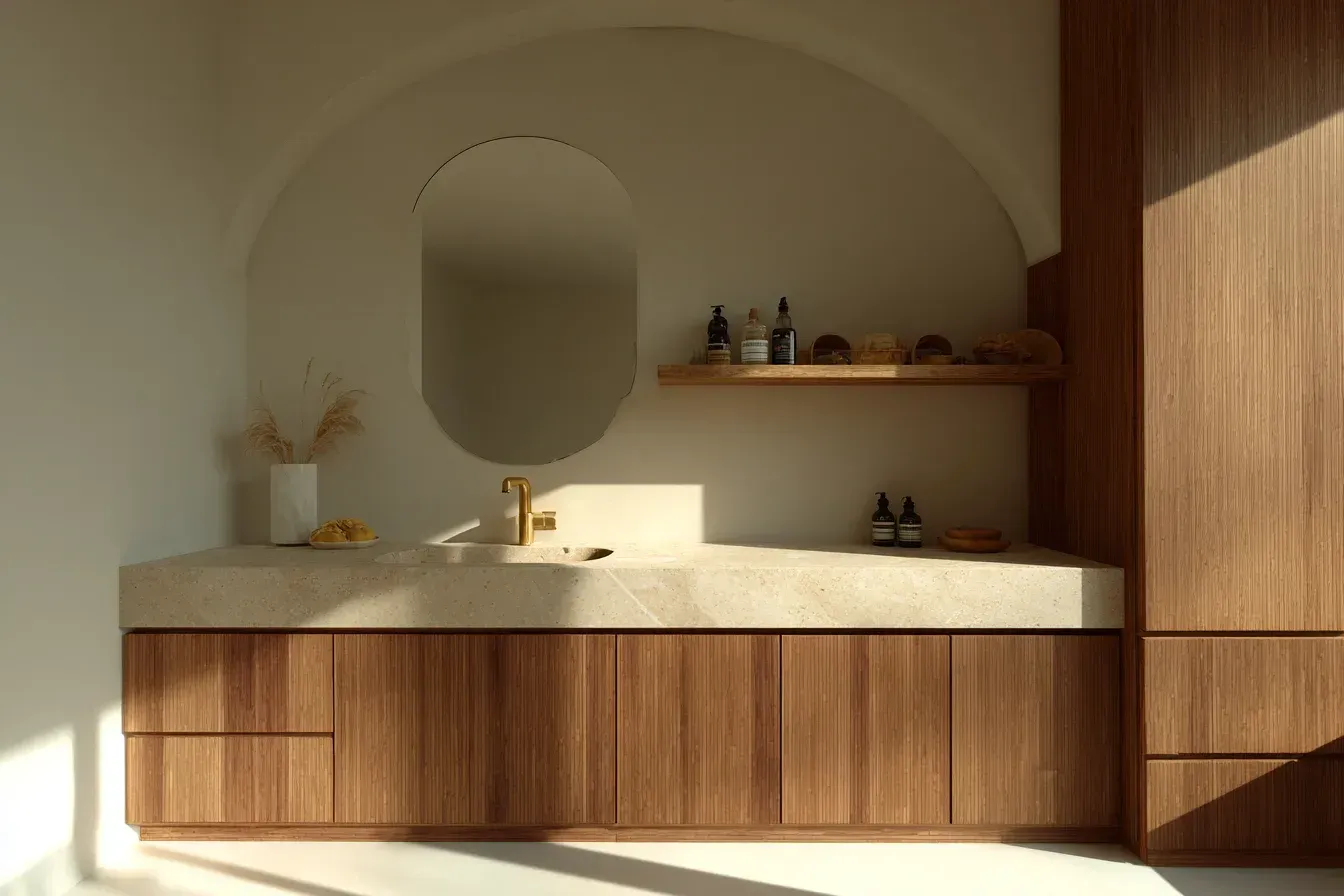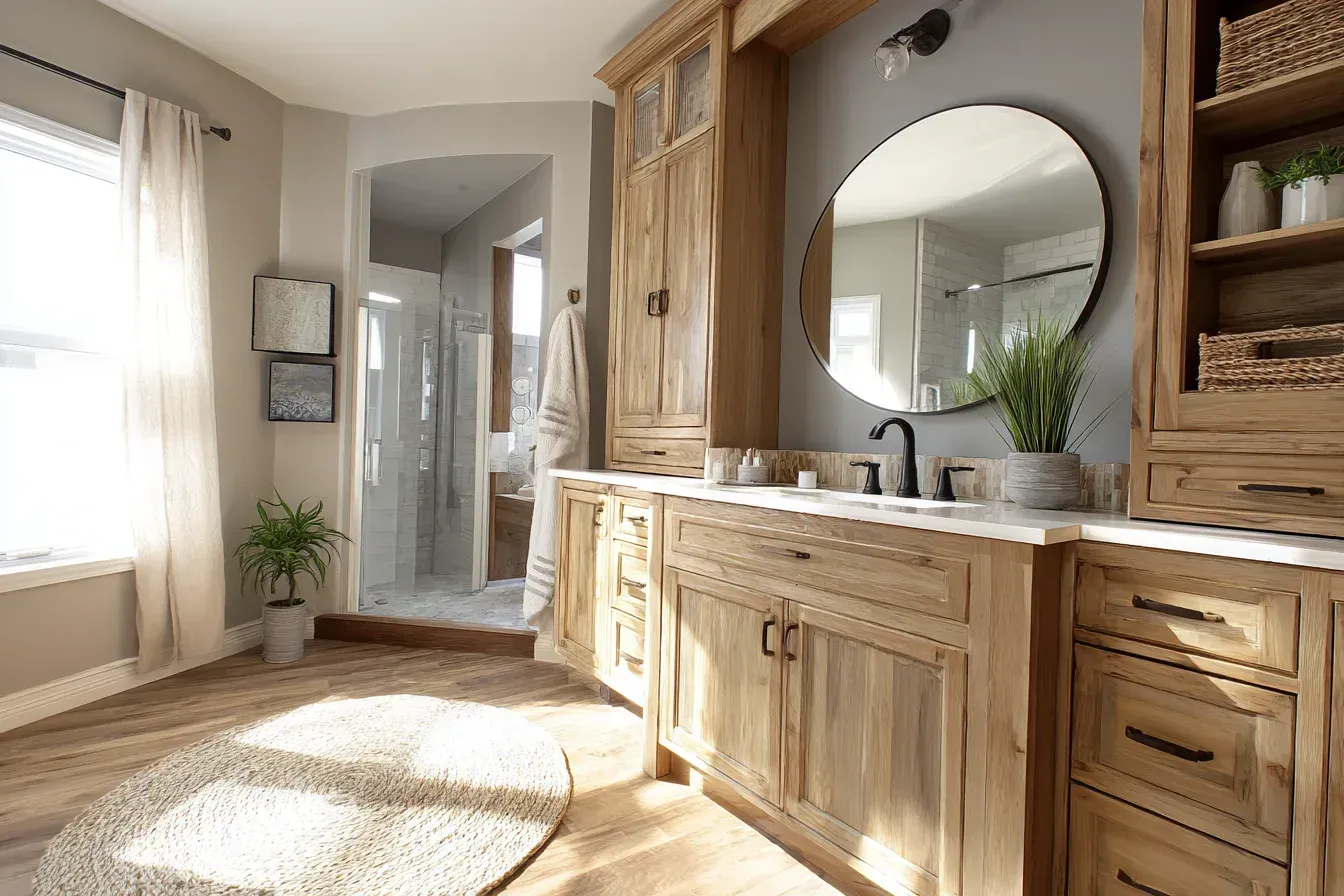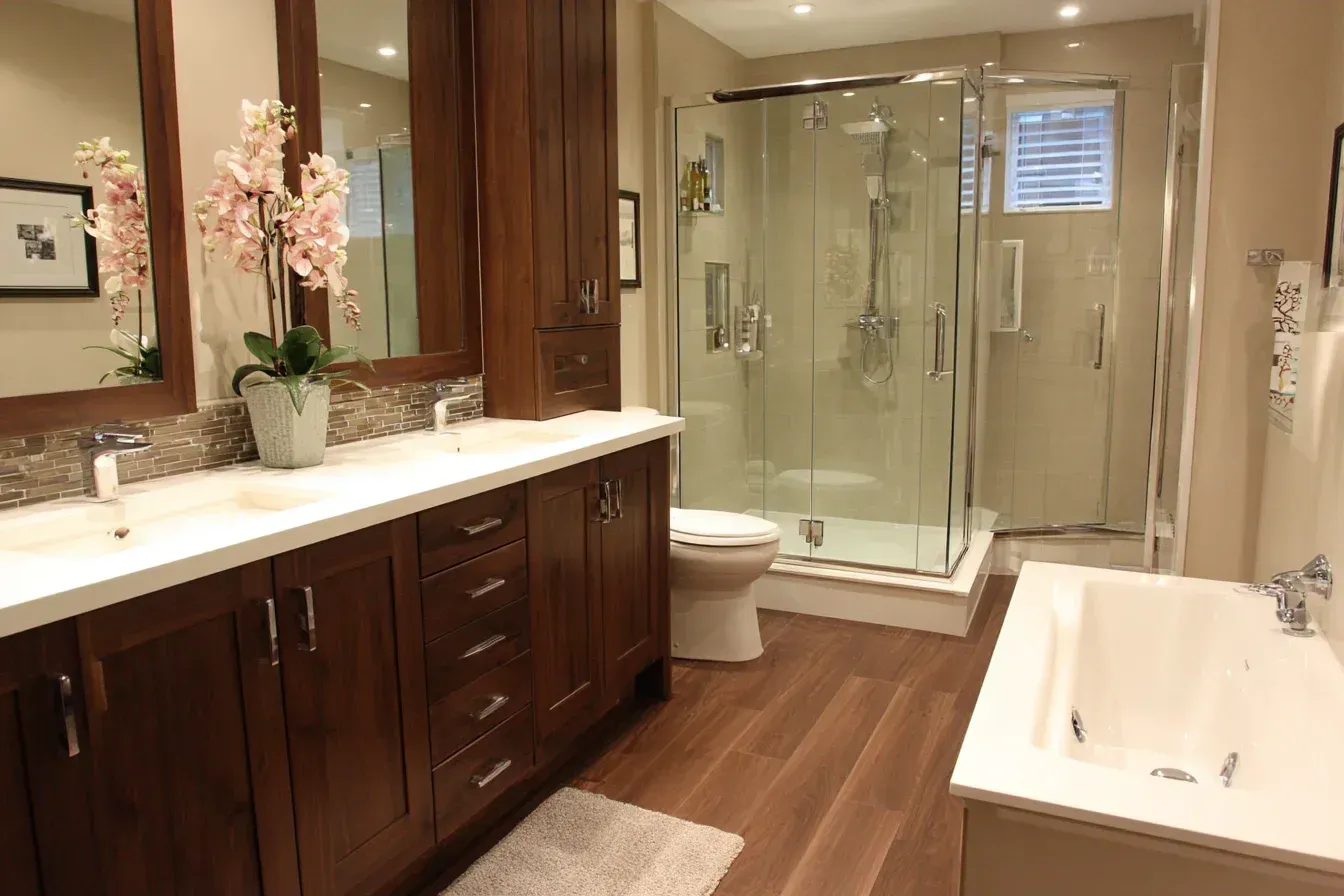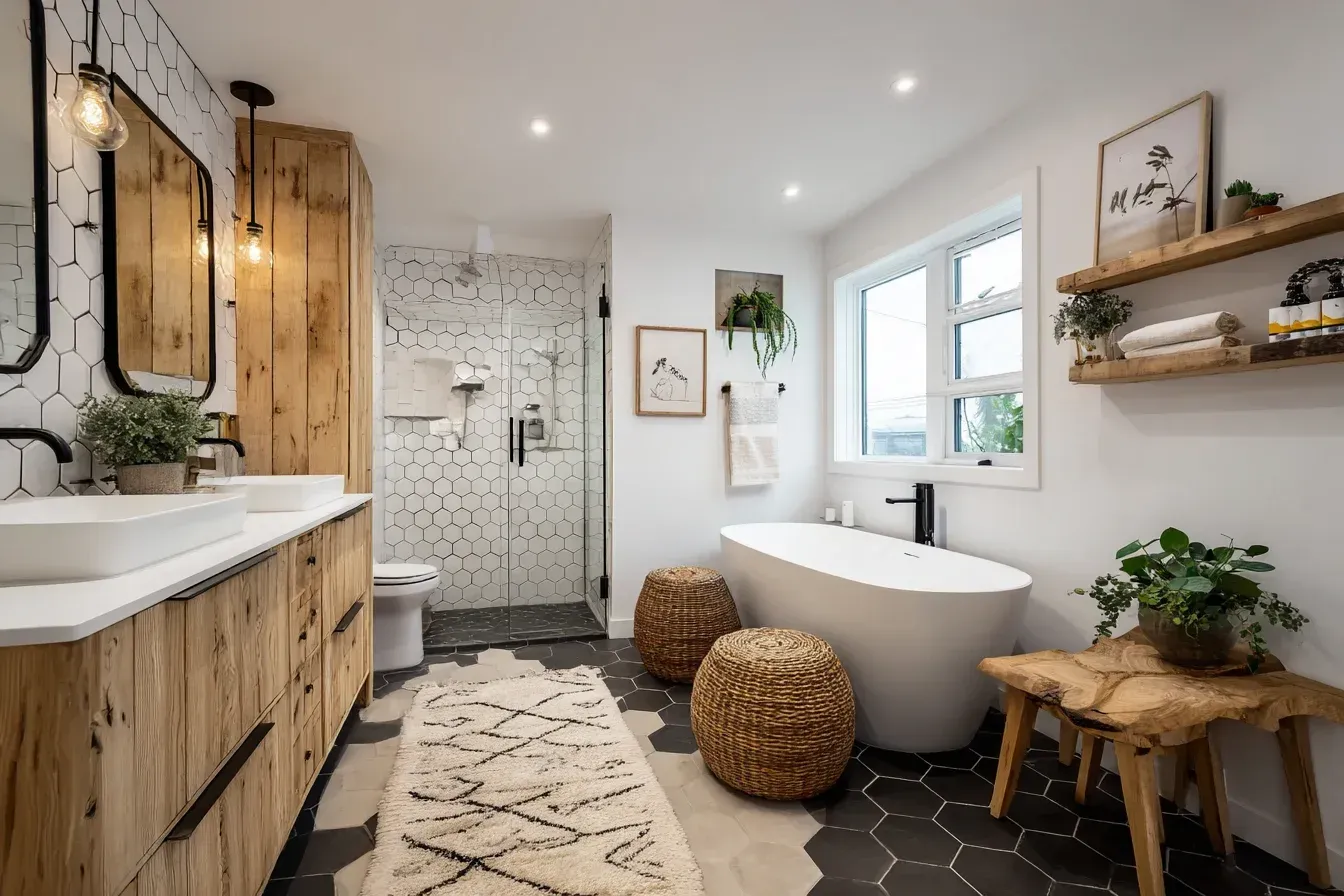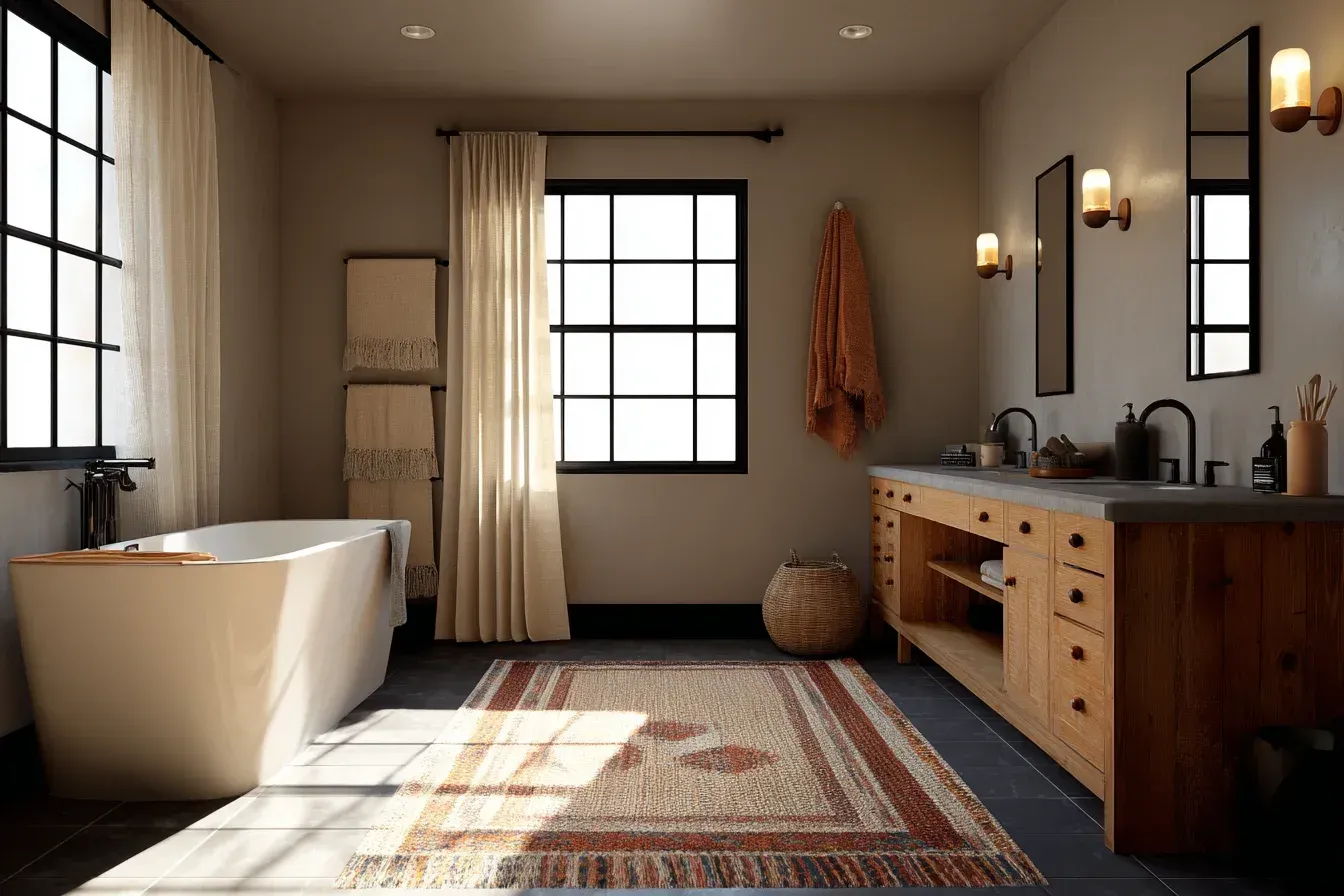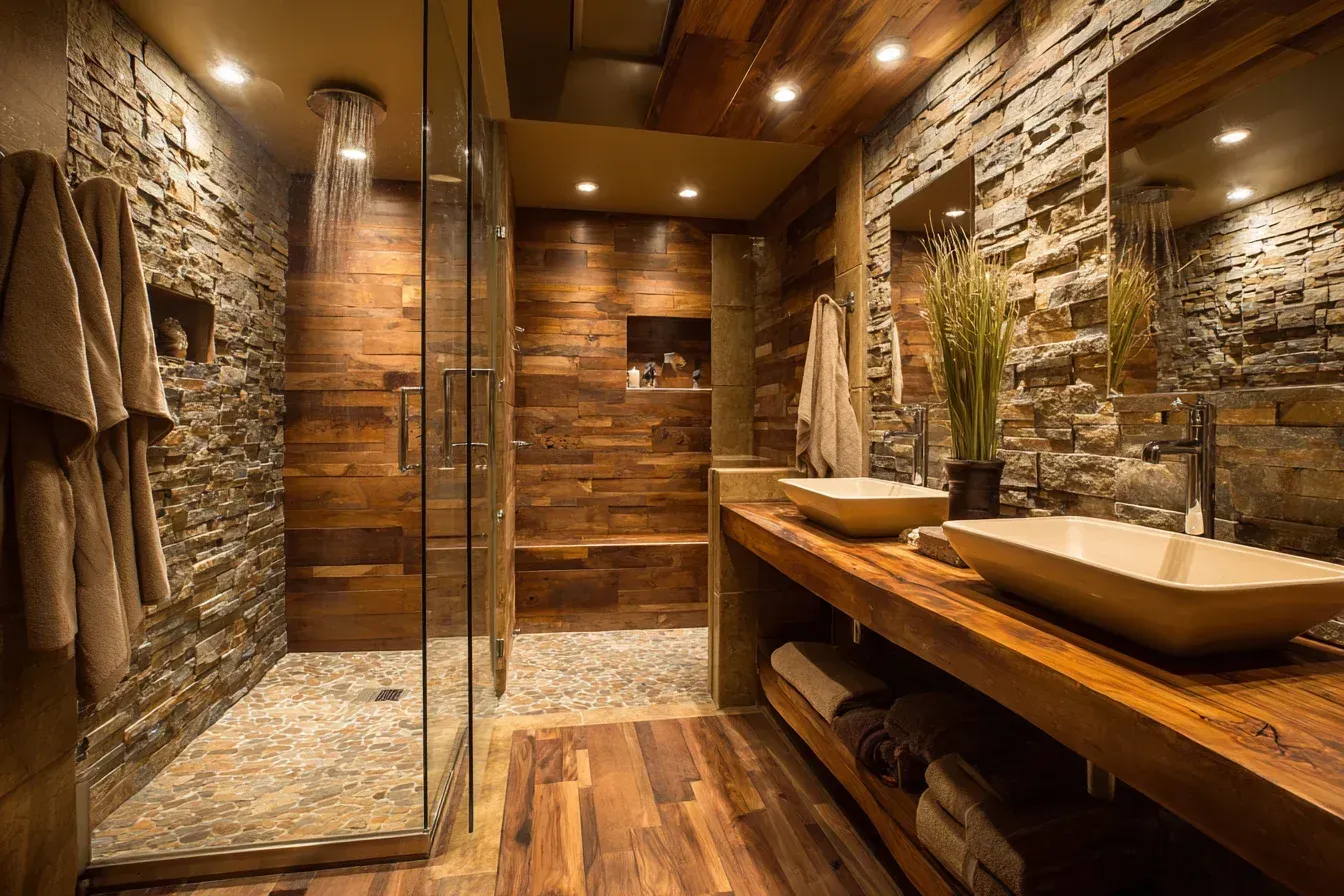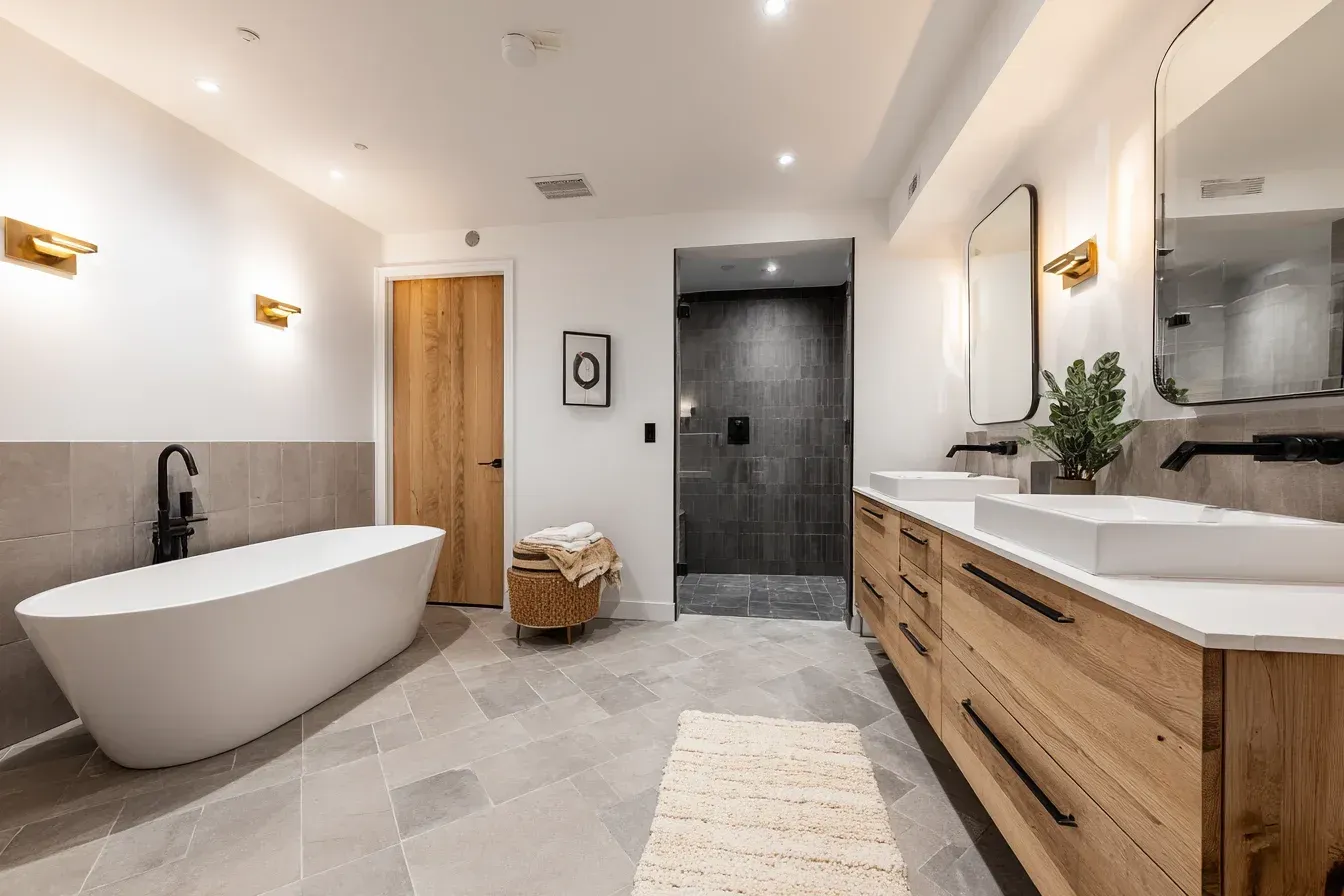How to Choose the Right Bathroom Contractor
A bathroom renovation is one of the most impactful upgrades you can make in your home—but it’s also one of the most complex.
Between plumbing, electrical, waterproofing, tiling, ventilation, and design, there are dozens of moving parts that require professional skill and coordination.
Choosing the right bathroom contractor is the single most important decision you’ll make in the entire renovation process. The right contractor ensures quality, durability, transparency, fair pricing, and a smooth project from start to finish.
This comprehensive guide explains how to evaluate, compare, and choose the best bathroom renovation contractor for your project.
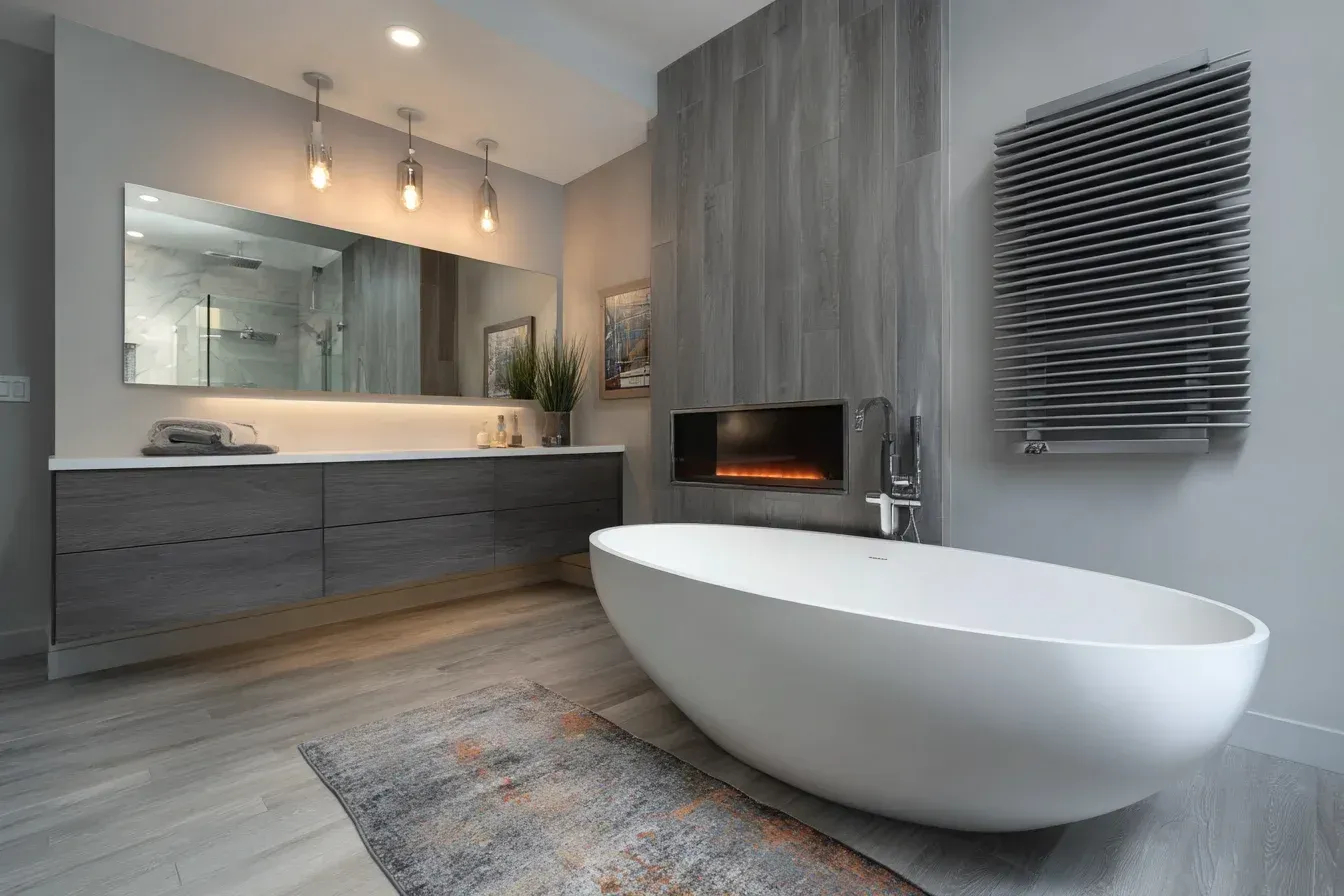
Why Choosing the Right Contractor Matters So Much
Bathrooms are high-moisture, high-traffic environments. Mistakes are expensive and can cause:
- Mold and mildew growth
- Leaks behind walls
- Rotting subfloors
- Failed tiles or grout
- Electrical hazards
- Poor drainage or waterproofing
- Major structural issues
High-quality contractors prevent these issues by doing the job correctly the first time. A great contractor doesn’t just install fixtures—they protect your investment.
1. Look for Specialized Bathroom Renovation Experience
Bathroom renovations are very different from general renovations. You want a contractor who specializes in bathrooms or does them frequently.
Ask about:
- Years of bathroom renovation experience
- Number of bathrooms completed
- Types of bathroom projects handled
- Familiarity with modern products and materials
- Understanding of waterproofing systems
Why specialization matters
Bathrooms require knowledge of:
- Tile installation
- Plumbing
- Electrical layout
- Ventilation systems
- Waterproof membranes
- Drainage slopes
- Moisture-resistant materials
A specialist ensures everything is done to code and built to last.
2. Check Licensing, Insurance, and Certifications
Never hire an unlicensed or uninsured contractor.
Essential requirements:
- Valid contractor license
- Business insurance
- Workers’ compensation coverage
- Liability insurance
- Trade certifications (optional but valuable)
Why this matters
If something goes wrong—injury, property damage, leaks—you’re protected.
3. Review Their Portfolio of Completed Projects
A contractor’s past work reveals their skill level and style.
Look for:
- Before-and-after photos
- Consistency in tile alignment
- Straight grout lines
- Clean caulking
- Proper lighting placement
- High-quality finishing
- Creative layouts
A strong portfolio means the contractor delivers repeatable quality.
4. Read Reviews Across Multiple Platforms
Don’t rely on reviews from just one source.
Check:
- Yelp
- Houzz
- HomeStars / Angi (depending on region)
What to look for
- Patterns of positive feedback
- Mention of quality workmanship
- On-time completion
- Clear communication
- Clean job sites
- Handling of unexpected issues
Patterns matter more than one-off reviews.
5. Ask for Detailed Written Quotes (Not Ballpark Numbers)
A professional contractor provides a detailed written estimate, not a vague ballpark.
Your quote should include:
- Labor costs
- Material costs
- Plumbing and electrical upgrades
- Tile and flooring
- Demolition and disposal
- Waterproofing and membrane systems
- Fixtures and hardware
- Finishing touches
- Estimated timeline
- Payment schedule
Transparent quotes protect you from hidden costs.

6. Ensure They Use Proper Waterproofing Systems
Waterproofing is the foundation of any bathroom renovation.
Ask the contractor which systems they use:
- Schluter Kerdi
- Wedi
- RedGard / Hydro Ban
- Cement board + membrane
- Waterproof foam boards
Must-ask questions:
- “Do you waterproof the entire shower area, not just the corners?”
- “Do you slope the shower base correctly toward the drain?”
- “Do you perform a flood test before tiling?”
If they hesitate or avoid these questions, move on.
7. Compare Warranties and Guarantees
Professional contractors stand behind their work.
Warranties may include:
- Labor warranty (1–5 years)
- Waterproofing warranty
- Material warranties (manufacturer)
- Tile installation warranty
A contractor who guarantees their work takes pride in quality.
8. Evaluate Communication and Professionalism
How a contractor communicates is a big indicator of how the project will go.
Signs of professionalism
- Responds promptly
- Provides clear answers
- Explains technical details
- Offers recommendations
- Is respectful and patient
- Provides written documentation
Poor communication usually leads to problems during renovation.
9. Ask for References and Call Them
References offer honest insight into past performance.
Questions to ask references:
- Was the contractor on time and on budget?
- Was the work high quality?
- Did they handle issues professionally?
- Were they clean and respectful?
- Would you hire them again?
Genuine references confirm the contractor’s reliability.
10. Make Sure They Provide a Written Contract
A verbal agreement is never enough.
A proper contract includes:
- Scope of work
- Material list
- Payment schedule
- Start and end dates
- Change order policy
- Warranty terms
- Cleanup responsibilities
- Liability clauses
Contracts protect both you and the contractor.
11. Understand Their Project Timeline
Bathroom renovations typically take 1–4 weeks.
Timeline should include:
- Demolition
- Plumbing & electrical rough-ins
- Waterproofing
- Tile installation
- Grouting & sealing
- Vanity and fixtures installation
- Cleanup and finishing
- Final inspection
Avoid contractors with unrealistic timelines—they often rush or cut corners.
12. Watch Out for Red Flags
Not every contractor claiming to do bathrooms is qualified.
Major red flags:
- No license or insurance
- Cash-only pricing
- Refuses written contracts
- Extremely low bids
- No recent portfolio
- Vague answers
- Poor communication
- Negative reviews
- Pushy sales tactics
If something feels off, trust your instincts.
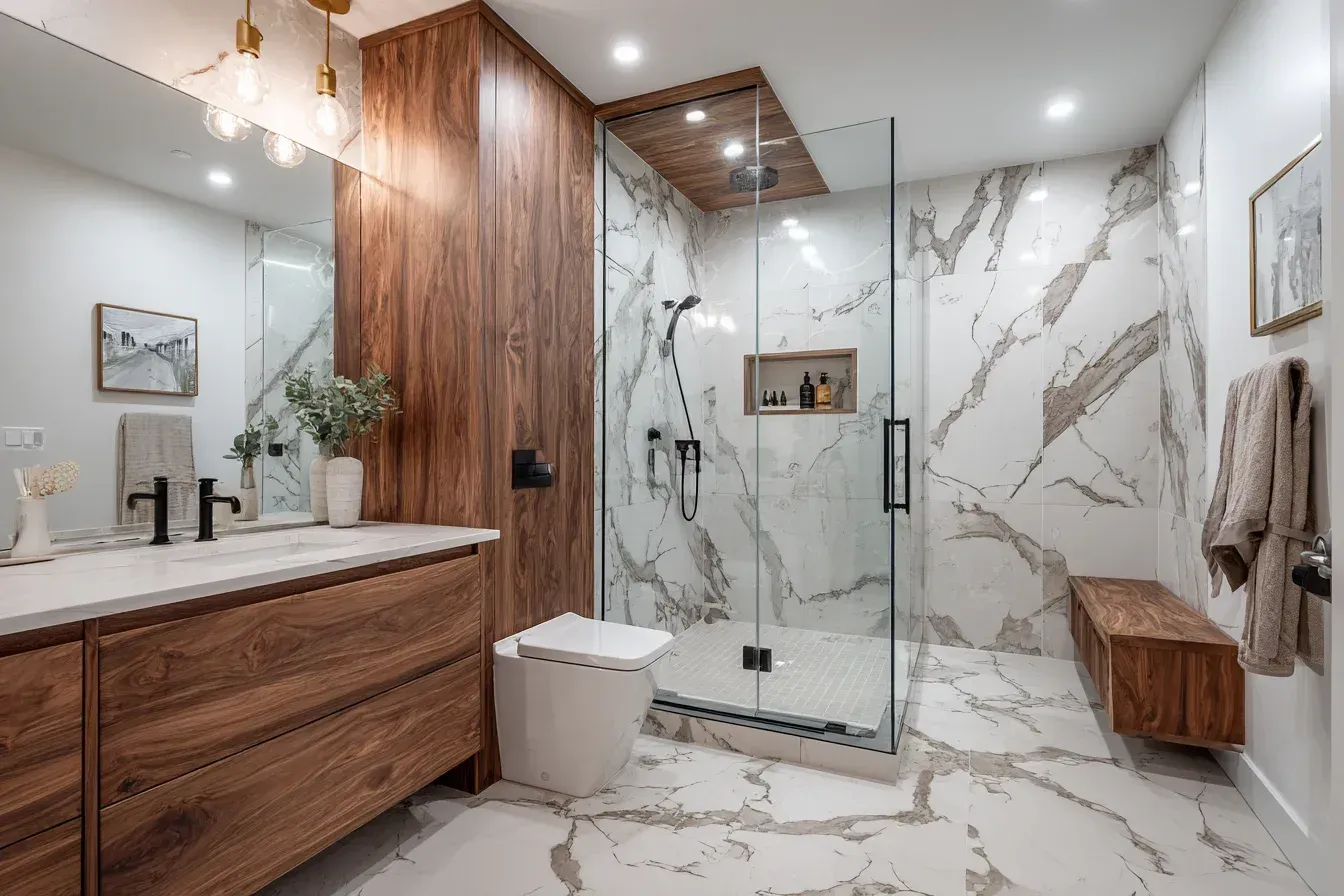
13. Ask About Their Trades Team
Bathroom renovations involve multiple trades working together.
Who should be involved:
- Licensed plumber
- Licensed electrician
- Tiler
- Drywaller
- Waterproofing specialist
- General contractor or project manager
A coordinated team = smoother renovation.
14. Confirm Their Experience With Your Bathroom Type
Not all bathrooms are the same.
Types that require special skill:
- Small bathrooms
- Condo bathrooms (strata rules, concrete walls)
- Luxury ensuites
- Steam showers
- Curbless or zero-threshold showers
- Large-format tiles
- Heated floors
Ask specifically:
“Have you done projects like mine before?”
15. Review Fixture and Material Sources
Good contractors have trusted suppliers.
Suppliers may include:
- Plumbing fixture distributors
- Tile shops
- Stone/quartz suppliers
- Custom millwork shops
Established relationships = better pricing and faster timelines.
16. Evaluate Price, But Don’t Choose the Cheapest Contractor
Cheap labor = expensive repairs later.
Low bids often mean:
- Cheap materials
- Rushed installation
- Inexperienced workers
- Skipped waterproofing
- Hidden costs later
- Zero warranty
Choose the contractor who offers the best value, not the lowest price.
17. Ask How They Handle Changes During the Project
Changes happen.
Good contractors have:
- A formal change order process
- Clear pricing for add-ons
- Up-front documentation
- Transparent communication
Poor contractors surprise you with extra charges.
18. Ask About Cleanup and Disposal
Construction gets messy.
Cleanup should include:
- Dust control
- Daily cleanup
- Debris removal
- Proper disposal
- Protecting floors and walls
Professionalism shows in how they handle the job site.
19. Understand Their Payment Schedule
A fair payment schedule protects you.
Avoid:
- Paying more than 10–20% upfront
- Paying in full before completion
Typical schedule:
- Deposit
- Progress payments
- Final payment after walkthrough
You should only pay the final installment when everything is finished and approved.
20. Trust Your Gut Feeling
At the end of the day, you must feel confident and comfortable with your contractor.
Ask yourself:
- Do I trust them?
- Do they seem organized?
- Are they transparent?
- Do they answer questions clearly?
- Do I feel confident in their expertise?
Your instincts matter more than you think.
Final Thoughts: Choosing the Right Bathroom Contractor Sets the Foundation for a Successful Renovation
The right contractor brings skill, communication, reliability, and craftsmanship to your project. They protect your home, your budget, and your renovation investment.
A great contractor:
- Uses proper waterproofing
- Understands bathroom-specific requirements
- Communicates clearly
- Provides transparent pricing
- Delivers excellent finishing
- Completes projects on schedule
- Stands behind their work
Choosing well means a smooth renovation and a bathroom that stays beautiful and functional for years.
Recent Posts
